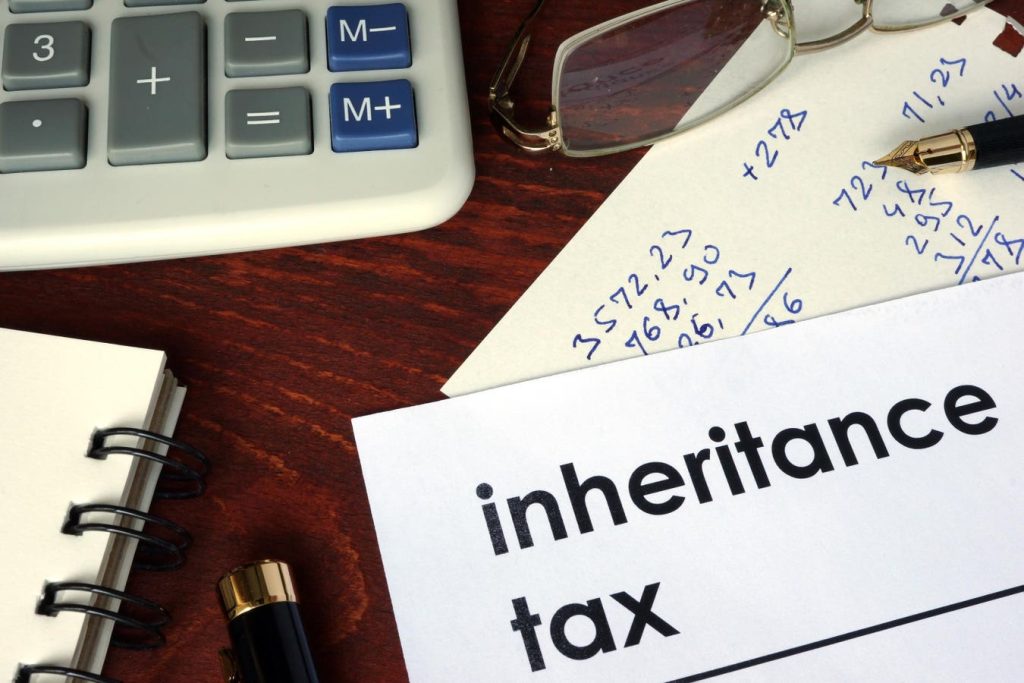President Biden’s proposal to reform estate and gift taxes has sparked a heated discussion on the efficacy of current tax structures in addressing economic inequality and funding government programs. Advocates of the proposed changes argue that ending the step-up in cost basis for inherited assets, raising tax rates, and reducing exemption thresholds would help generate more tax revenue and narrow the wealth gap. However, critics warn that such reforms may penalize those who have managed their finances responsibly and potentially discourage investment by affluent individuals and families.
The transfer of wealth from the baby boomer generation to their heirs represents a massive economic shift with trillions of dollars at stake globally. Proponents of taxing these transfers believe it could be an effective measure to combat wealth inequality and provide additional revenue for public services and social programs. Yet, the practicality of implementing new wealth transfer taxes faces steep political opposition and differing societal attitudes towards wealth and inheritance. Some countries impose high inheritance taxes, while others have minimal or no taxes on such transfers, highlighting the complexity and variation in tax models globally.
The article explores the multifaceted nature of the debate on estate and gift tax reform, emphasizing the intertwining of economic, social, and political factors. Advocates argue that treating inherited wealth as ordinary income could be a more equitable and efficient approach, aligning with progressive goals to address historical economic disparities. However, implementing changes to the estate tax framework requires overcoming obstacles related to public support and political feasibility. A balanced approach is necessary to ensure fairness and effectiveness in addressing wealth inequality and supporting governmental initiatives.
The proposal to overhaul estate and gift taxation represents a significant departure from previous policies that aimed to increase exemption thresholds and lower tax rates. President Biden’s plan to raise tax rates, reduce exemptions, and end the step-up in cost basis highlights the administration’s commitment to generating more tax revenue and addressing wealth inequality. As the debate on the taxation of the great boomer wealth transfer continues, it is crucial to consider the potential economic, social, and political implications of such reforms and find a balanced approach that promotes fairness and efficiency in the tax system.
The unprecedented transfer of wealth from baby boomers to their heirs has profound implications for wealth distribution and economic stability. Advocates of wealth transfer taxes believe it could be a crucial tool in addressing inequality and providing much-needed revenue for public services. However, the challenges of political opposition and differing societal views on wealth and inheritance make implementing such taxes a complex endeavor. As the debate on estate and gift tax reform unfolds, policymakers must carefully consider the practicality and potential impacts of proposed changes to ensure a fair and effective tax system that serves the interests of all stakeholders.


